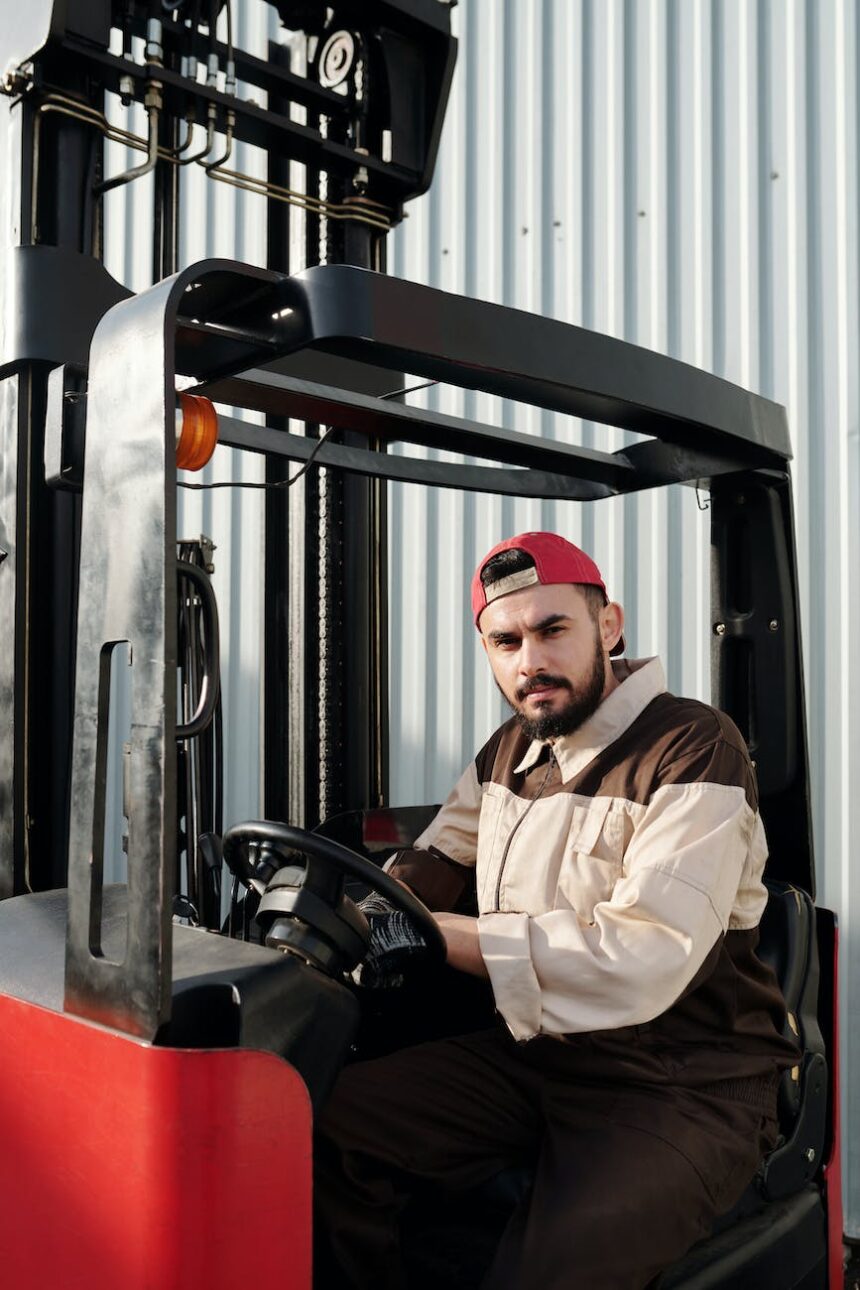Introduction:
Lithium-ion batteries have revolutionized energy storage and are increasingly becoming popular for various applications, including forklift trucks. This advanced technology offers several advantages over traditional lead-acid batteries, making it an attractive choice for companies seeking efficiency, reliability, and reduced maintenance.
How Lithium-Ion Batteries Work:
- Lithium-ion batteries involve the movement of lithium ions during charging and discharging.
- During charging, lithium ions flow from the positive electrode to the negative electrode through the electrolyte.
- Electrons take a longer path around the outer circuit, combining with ions at the negative electrode.
- When fully charged, the battery is ready for use.
- During discharging, ions flow back through the electrolyte to the positive electrode, and electrons flow through the outer circuit, powering devices.
- When fully discharged, the battery requires recharging.
Advantages of Lithium-Ion over Lead-Acid Batteries:
- Consistent Power: Lithium-ion batteries provide consistent power and voltage throughout the full charge, unlike lead-acid batteries that deliver declining power rates.
- Faster Charging Speeds: Lithium-ion batteries offer significantly faster charging speeds and don’t require cooldown, optimizing daily productivity.
- Opportunity Charging: These batteries can be opportunity charged in any setting, eliminating the need for time-consuming battery swaps.
- Fewer Required Batteries: In multi-shift use, one lithium-ion battery can replace three lead-acid batteries, reducing costs and storage space.
- Virtually Maintenance-Free: Lithium-ion batteries require minimal maintenance, eliminating tasks like watering, equalizing, and cleaning needed for lead-acid batteries.
Disadvantages of Lithium-Ion Batteries:
- Environmental Impact: Lithium mining consumes a significant amount of water, raising environmental concerns such as droughts and famine.
- Labor Issues: There are reports of labor issues, including young workers in certain regions being subjected to long hours for minimal pay in lithium mining operations.
- Cost: Lithium-ion batteries tend to be more expensive than lead-acid batteries, though the price difference may be justifiable considering the benefits.
Environmental Considerations:
- The environmental impact of lithium mining, especially water usage, is a significant concern that needs careful management.
- Balancing the benefits of lithium-ion technology with responsible mining practices is crucial for sustainable adoption.
Note on Pricing:
- In a price comparison in 2019, a 13.2-volt Lithium-Ion Traction battery was significantly more expensive than a 48-volt Lead-Acid battery. This price difference highlights a potential challenge for widespread adoption.
Conclusion:
While lithium-ion batteries offer compelling advantages for forklift applications, including consistent power, faster charging, and reduced maintenance, there are important environmental and ethical considerations. Balancing the benefits of advanced technology with responsible sourcing and manufacturing practices is essential for the sustainable adoption of lithium-ion batteries in the material-handling industry.



Leave a Reply